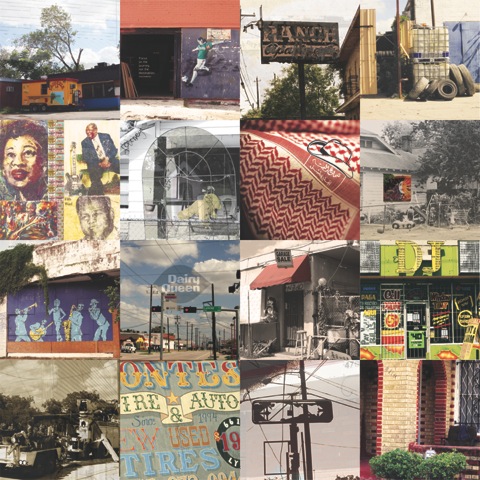Golf Courses and Graveyards: What the Bayou City Teaches Us About Form
Keywords:
Composition, Form, Parataxis, Multi-genre texts, MetadiscursivityAbstract
New forms arise when the old forms can no longer hold the meanings we intend. In teaching composition, we often rely on and pass down to our students the forms we have inherited through the academy. We do this without reflecting on what content such forms encourage and, more importantly, what content they preclude. This article argues for a renewed attention to form in the composition classroom as a means of encouraging students to construct complex texts that more fully represent their complex identities. It looks to Houston, a city defined by limited zoning laws and the intersection of multiple cultures, as a metaphor for the way paratactic forms—those that privilege implicit structural connections—create a space where the necessity of interpretation compels interaction. Ultimately, it posits a view of form as malleable, an essay’s second voice, and one through which readers and writers of diverse backgrounds gain agency as meaning makers.




